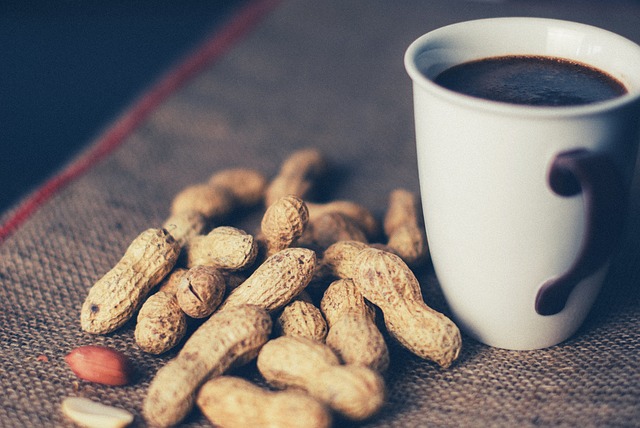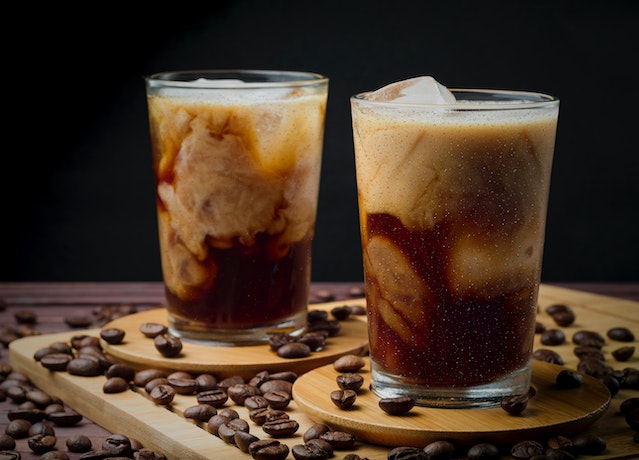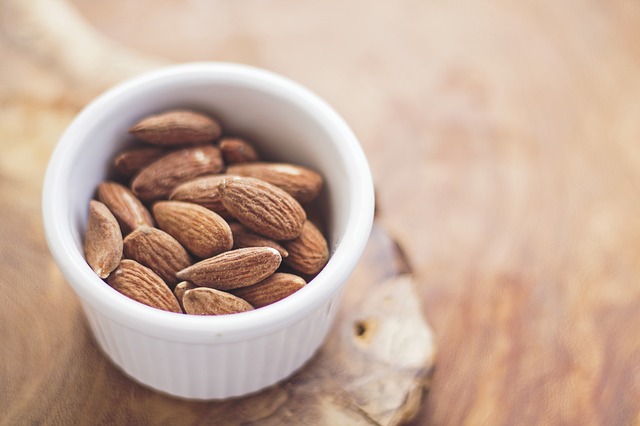Peanuts are not actually a nut; they are a legume. But since they are consumed as a nut they are going to be my transition between tree nuts and legumes.
We grew peanuts for the first time ever this year. My son planted 12 peanut plants and we watched them grow all summer long. Finally, in early October we pulled up the plants and pulled off 100’s of peanuts in their shells.
We brought them home and dried them in our dehydrator and got stuck there. They still need roasting (at least in my mind to taste good.) They were really fairly easy to grow and harvest.
We live on peanut butter at our house, especially my daughter who is on a grain free diet. When she is really hungry peanut butter satisfies.
The History of Peanuts
Peanuts have a long history originating in South America. They were important to the native Indians who lived in South America and Mexico.
The Spanish and Portuguese explorers took the peanuts with them to Africa where they became very popular. In the US it took George Washington Carver to popularize the peanut and all its uses.
Nutritional Value of Peanuts
Peanuts are a good source of monounsaturated fats, thus they are heart healthy. Peanuts are good sources of Vitamin E, niacin, folate, and manganese. They are high in protein.
Peanuts provide resveratrol, an antioxidant in grapes and red wine, that is thought to be why the French eat such rich foods and yet stay very healthy. It may even help to lower the risk of strokes based on a recent study.
Peanuts contain high concentrations of antioxidant polyphenols which help against heart disease and cancer. They have higher levels than apples, carrots or beets, and rival blackberries and strawberries.
Consumption of peanuts seems related to lower risk of colon cancer. They also help to protect against Alzheimer’s Disease because of the niacin.
Potential Problems with Peanuts
Potentially someone can have very severe allergic reactions to peanuts and this type of allergy is no joke. Obviously, those with peanut allergies must avoid peanuts and all their byproducts.
Peanuts are high in oxalates. If you must be on a low oxalate diet then peanuts need to be avoided. Or if you have untreated kidney or gall bladder problems they may indicate an oxalate issue.
Peanuts are susceptible to molds and fungus, especially aflatoxin. The USDA does test for this and will not allow peanuts with more than a certain amount. The greatest danger is with raw peanuts that were stored in higher temps and humidity. Roasting seems to reduce some of the risks. From my research peanuts seem to be fine in moderation (a general principle for most foods.)
Peanut Recipes and How to Use Peanuts
One of my favorite dishes is Panang Curry made with peanut sauce and chicken. Mongolian Chicken has a version that looks good although it is a bit different than the one I use.
I love Peanut butter cups made with coconut oil. We make these every month or two and they are a big hit in my house. The Healthy Family and Home has a good recipe to share.
Here is a recipe for Healthier Peanut Brittle from Cook Lisa Cook. She uses agave nectar but I would use honey in the same amount for this.
Chow has a recipe for Asian Peanut Noodles using udon or soba noodles.
Do you love peanut butter? How do you use peanuts and peanut butter in your day?
For more information:
http://www.drweil.com/drw/u/id/QAA115491
http://www.whfoods.com/genpage.php?tname=foodspice&dbid=101
- Are Pasteurized Almonds Good or Bad? - January 31, 2022
- Nutrition of Peanuts - November 20, 2013
- Happy With Hickory Nuts - November 13, 2013


